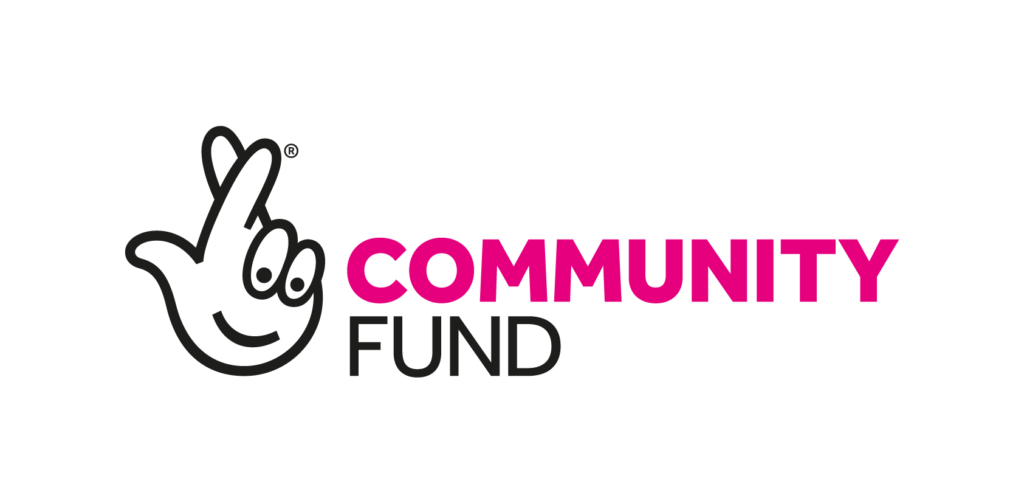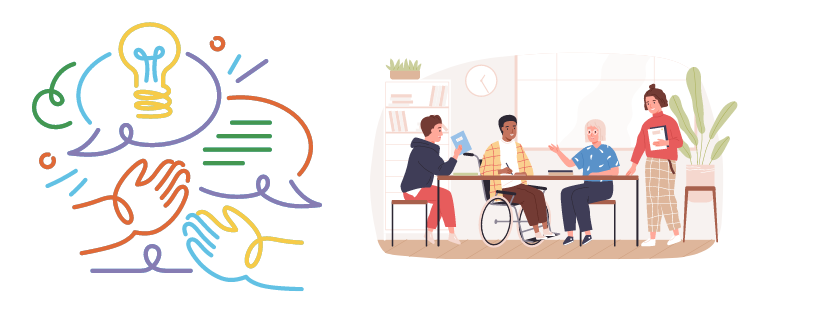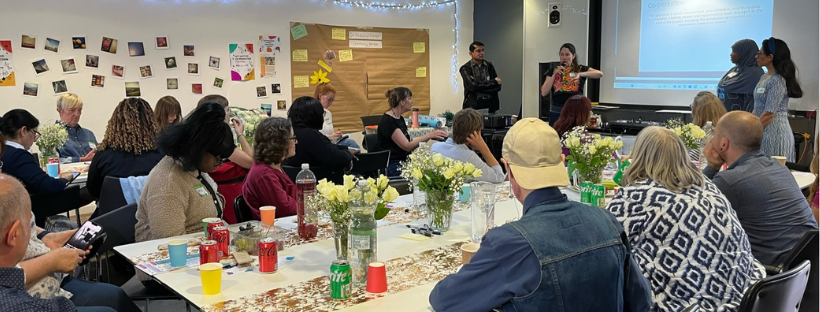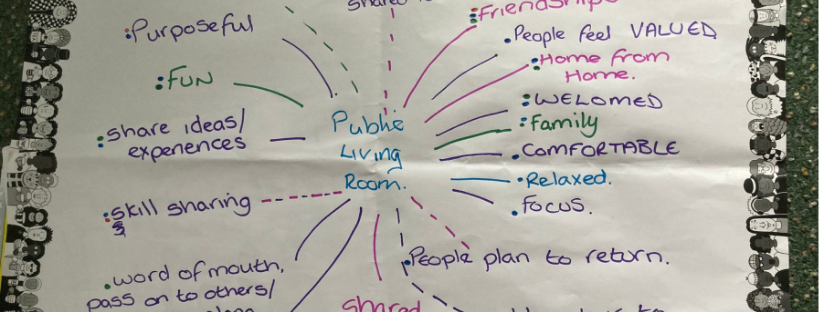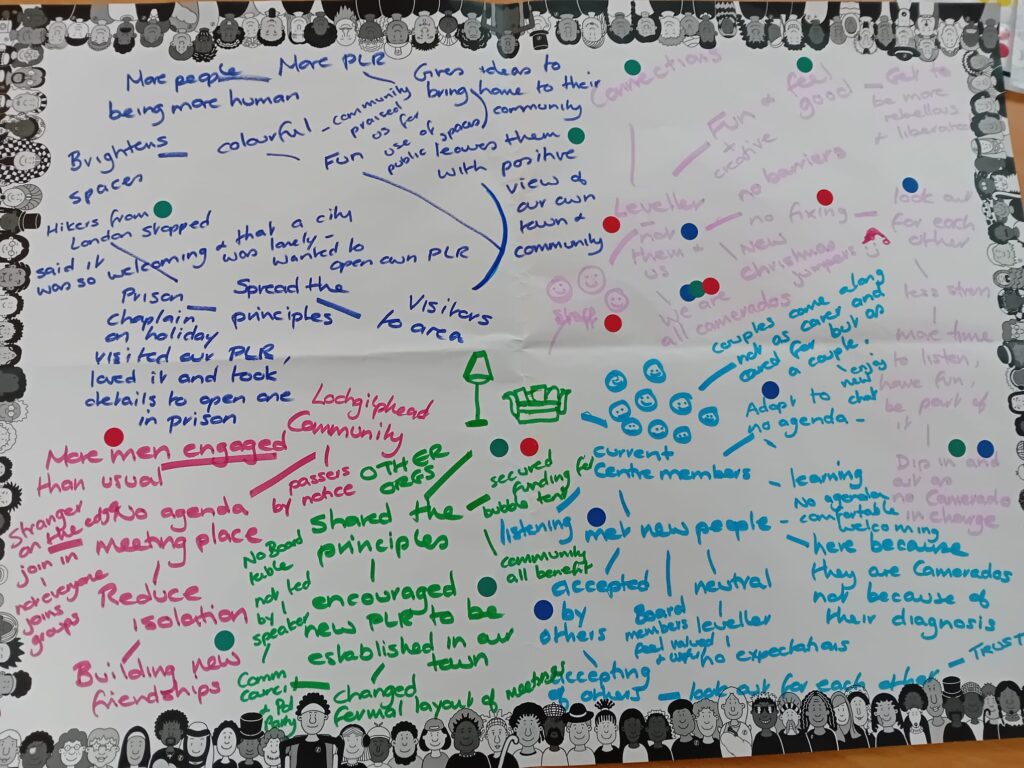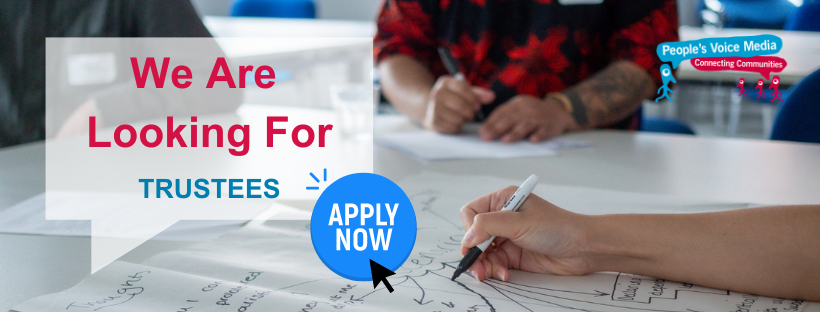AMPLIFYING GLOBAL MAJORITY VOICES THROUGH STORYTELLING
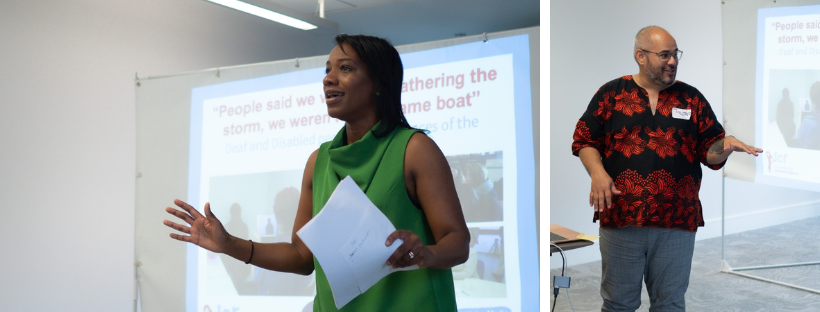
This Black History Month, we’re excited to announce that People’s Voice Media has received funding from the National Lottery Community Fund to launch an 18-month Global Majority Community Reporter project starting in November 2024.
Building on our existing work, this project will train, mentor, and support Global Majority Community Reporters, ensuring that lived experience storytelling plays a central role in racial justice and social change. By strengthening our network, we aim to make storytelling an inclusive and transformative movement.
The project will:
- Equip Global Majority individuals with skills in co-production and social change leadership.
- Foster a peer support network across England for those working in these spaces.
- Embed anti-racist practice within the Community Reporter network, creating safe spaces for people to share their experiences.
Led by Isaac Samuels, this initiative builds on previous work with the Co-Production Collective, turning lived experiences into real-world action. We’ll be sharing more soon on how to get involved— stay tuned as we work to ensure Global Majority voices are at the heart of co-production and storytelling for change!
